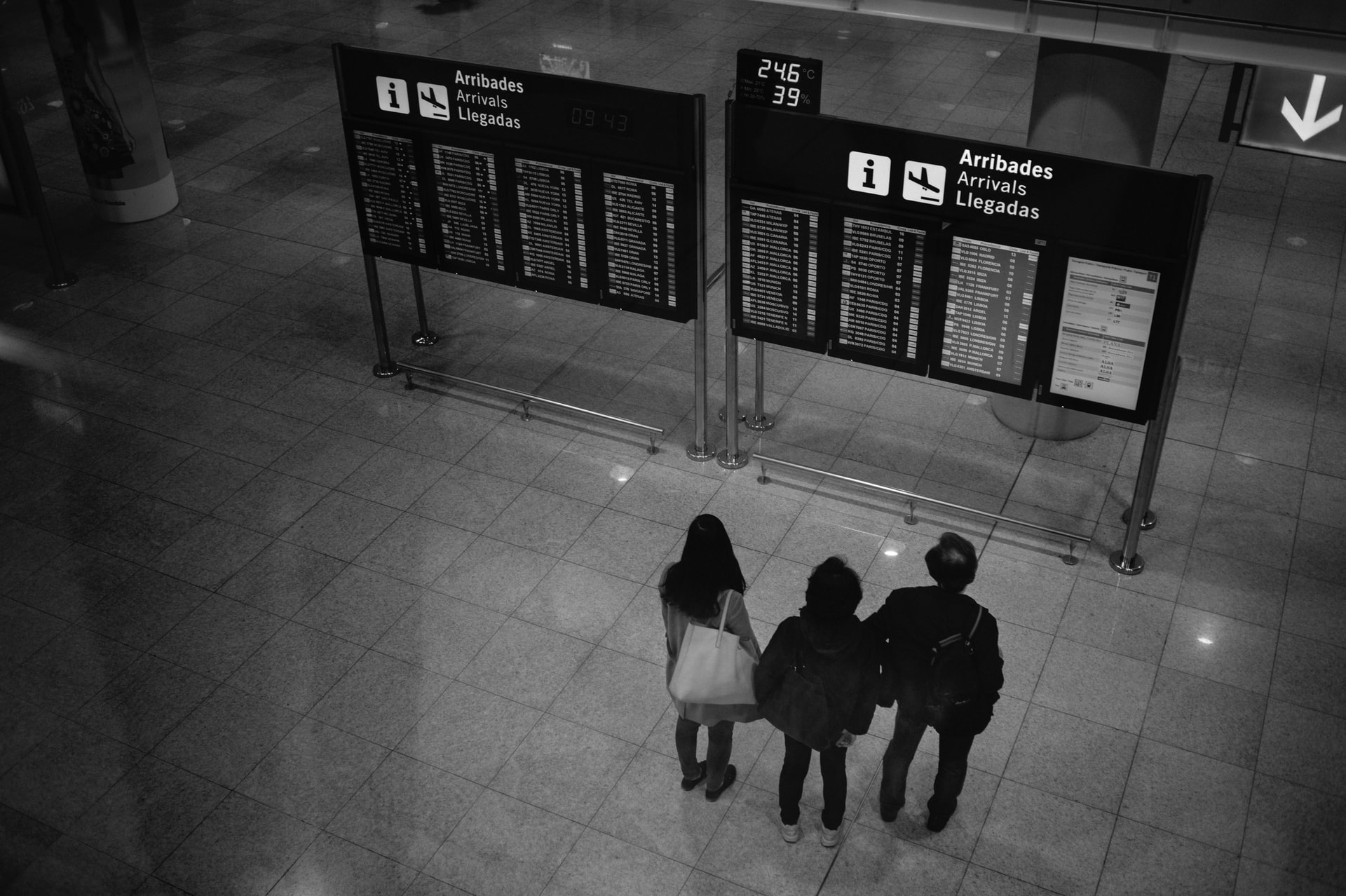Translated, overbooking is a resale that is carried out mainly by companies that provide travel services, such as airlines or hotels. The purpose of this procedure is to avoid losses caused by unsold orders, and thus maximize your income.
What is overbooking in air transportation?
Overbooking is the excessive booking of additional seats on the plane for customers, which can lead to a collision, ie cancellation of the flight if there are no seats available. Airlines use overcrowding to avoid empty seats if there are not all passengers on the flight. Selling more seats than is actually the case helps airlines maintain attractive fares, as well as ensuring a stable income. Unfortunately, for passengers, such an operation often ends in a collision, which prevents them from reaching their destination on time.
Airlines that have used excessive bookings, which have resulted in some passengers not boarding, are required to provide them with another flight as soon as possible or to reimburse them if they wish to cancel the trip. Moreover, for those passengers who have agreed to board another flight to their destination, airlines must provide: food, drinks, accommodation and transfer from the airport to the hotel and back (it all depends on the waiting time for the next flight).
Overbooking – the rights of the passenger in case of refusal to board
Airline customers who buy a ticket sign an agreement that obliges both parties to follow the rules contained in it. This type of contract has provisions that define the rights of the passenger in case of refusal to board due to insufficient seats due to excessive booking. According to Regulation (EC) № 261/2004 of the European Parliament and of the Council of 11 February 2004, the carrier primarily seeks volunteers who have already taken a seat on the aircraft to refuse it in exchange for compensation. If there are not enough volunteers and the flight still receives an excessive number of tickets, the carrier will select passengers who will not be able to use this flight. In this situation, the transport company offers passengers a seat on another plane, but if it arrives at the destination an hour later than the flight, which originally had to fly customers, the carrier must compensate them.
The amount of compensation depends on the distance traveled by passengers and is: – 250 euros for flights up to 1500 kilometers, – 400 euros for flights longer than 1500 kilometers, but at least 3500 kilometers, – 600 euros for flights over 3500 kilometers.
In addition, airlines should allow passengers to make two phone calls and send two e-mails, provide accommodation and airport transfers if required, and provide food and drink in an amount commensurate with the waiting time for the next flight.
Overbooking at the hotel
Overbooking at the hotel works almost the same as in the case of the airline, but, of course, it applies to accommodation in rooms and apartments. In the case of overbooking at the hotel, the company allows customers to book accommodation, despite the full load of the object. The purpose of this promotion is to avoid empty rooms if customers do not take the booked beds, and thus avoid losses. This practice is most often used during the holiday seasons, when interest in booking is growing and most accommodation in this city is already occupied.
The problem arises when all customers want to pick up their order, but no one has given up their stay. In this situation, the hotel usually offers “extra” guests in the price of booking a place in another hotel in the area of similar or higher standard and free transport. If customers of a hotel with excessive bookings do not want to stay in the proposed alternative hotel, they are entitled to a refund of the cost of the reservation and compensation for wasted vacation. The right to receive compensation is regulated by the Law of November 24, 2017 on vouchers and related tourist services.
Do you always need compensation for overbooking?
Compensation for non-landing is determined in advance by the European Parliament and applies to all airlines, including so-called budget airlines. However, some low-cost carriers are trying to circumvent the current rules and thus not pay compensation to injured passengers. One of the carriers has launched a special application through which it notifies its customers about the occurrence of overbooking, provides free ticket booking and offers compensation in the form of special points. Points (credits) can be exchanged for additional services, such as an increase in baggage allowance, as well as cash.
Is overbooking always harmful?
It would seem that being a “victim” of overbooking is not pleasant. However, it turns out that this practice can bring many benefits. Such a failed trip is sure to pay off for volunteers who give their seats to customers who do not fit on the plane due to overbooking. When leaving room for another passenger, you can often count on compensation in the form of a higher class flight, free meals or even accommodation if there is no other flight to the destination where the volunteer passenger wanted to go within the next 24 hours. Obviously, an additional benefit is receiving compensation in the amount of 250 to 600 euros, depending on the distance between the place of departure and landing. The amount of compensation is also affected by the waiting time for the next flight.
It happens that in a crowded plane no one refuses to fly in favor of another passenger. In this case, airlines may choose and refuse boarding (even against their will) to passengers who do not agree to pay for the flight on another date. However, the carrier is obliged to give priority to unaccompanied children and people with disabilities.

